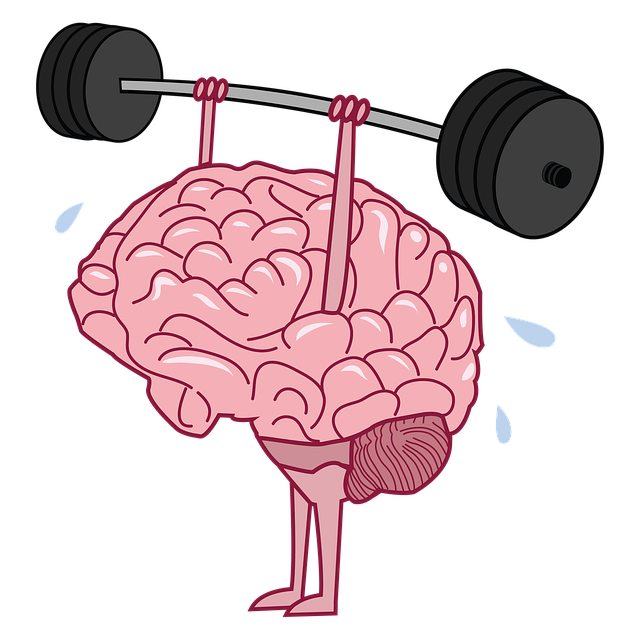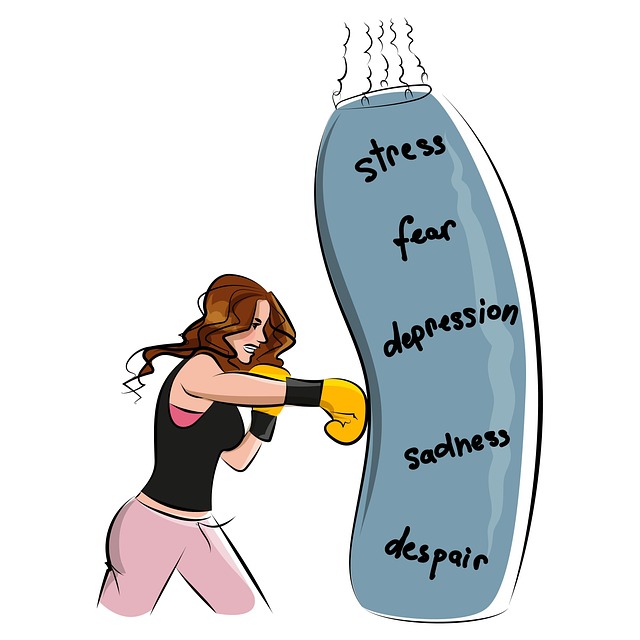Greenwood Village Conduct Disorder Therapy centers prioritize comprehensive risk assessment and holistic treatment strategies. By identifying hazards related to client conditions, treatment methods, and environmental factors, therapists create safe spaces and design personalized interventions. This approach addresses present issues while empowering clients with coping strategies for future challenges. Open communication, cultural sensitivity, and community initiatives like Inner Strength Development and Mental Wellness Coaching are key components of successful therapy in Greenwood Village, ensuring equitable access to effective mental health care for all community members.
Mental health professionals face unique challenges, particularly when treating individuals with conduct disorder. This article guides you through a comprehensive risk assessment framework essential for ensuring safe and effective therapy in Greenwood Village. We explore key aspects such as understanding risk assessment in mental health practice, identifying and mitigating risks specific to conduct disorder, and implementing strategies tailored to the needs of this diverse population. By delving into these areas, we aim to enhance therapeutic outcomes in Greenwood Village Conduct Disorder Therapy settings.
- Understanding Risk Assessment in Mental Health Practice
- Identifying and Mitigating Risks Specific to Conduct Disorder Therapy
- Strategies for Safe and Effective Treatment in Greenwood Village
Understanding Risk Assessment in Mental Health Practice

Risk assessment is a cornerstone of mental health practice, crucial for ensuring the safety and well-being of both clients and professionals. It involves systematically evaluating potential hazards within the therapeutic context, including those related to client conditions, treatment approaches, and the environment. For instance, Greenwood Village Conduct Disorder Therapy centres employ risk assessments to identify and mitigate challenges associated with conduct disorders, focusing on both the individual’s behaviour and their capacity for emotional healing processes.
This proactive approach extends beyond identifying immediate dangers to fostering a culture of mental wellness and emotional well-being promotion techniques. By meticulously considering various factors, mental health professionals can create tailored interventions that not only address current issues but also equip clients with coping mechanisms for future challenges. Such holistic risk assessment strategies are essential in navigating complex client profiles, ultimately enhancing the effectiveness of therapy.
Identifying and Mitigating Risks Specific to Conduct Disorder Therapy

Identifying risks specific to Conduct Disorder therapy is paramount for mental health professionals in Greenwood Village. This disorder often presents unique challenges, including aggressive or antisocial behaviors that require specialized care. By proactively assessing and mitigating these risks, therapists can create a safe and supportive environment for their clients. One effective strategy is implementing a robust Community Outreach Program to engage at-risk youth and offer early intervention services.
Moreover, integrating Mental Wellness Coaching Programs tailored to address Conduct Disorder symptoms can boost client confidence and coping mechanisms. Encouraging open communication, establishing clear boundaries, and teaching de-escalation techniques are essential components of these programs. Additionally, professionals should prioritize self-care to prevent burnout, ensuring they maintain the emotional resilience needed to support their clients effectively.
Strategies for Safe and Effective Treatment in Greenwood Village

In Greenwood Village, strategies for safe and effective mental health treatment focus on a holistic approach that incorporates both therapeutic techniques and supportive community initiatives. One key aspect is fostering Inner Strength Development through evidence-based practices tailored to individual needs. This involves not just addressing symptoms but empowering individuals with coping mechanisms and resilience. For instance, cognitive behavioral therapy (CBT) is widely implemented to help clients manage anxiety, depression, and other common mental health issues.
Moreover, considering the diverse cultural backgrounds of residents in Greenwood Village, Cultural Sensitivity in Mental Healthcare Practice plays a pivotal role. Therapists are trained to understand and respect cultural differences, ensuring that treatment plans are inclusive and effective. This is part of a broader Mental Health Policy Analysis and Advocacy effort to ensure equitable access to quality mental health services for all members of the community, regardless of their background or circumstances. These comprehensive strategies contribute to a more nurturing and responsive environment for those seeking help for conduct disorder therapy in Greenwood Village.
Mental health professionals in Greenwood Village play a vital role in providing safe and effective therapy, particularly when treating conduct disorder. By understanding risk assessment and implementing strategies tailored to this specific challenge, they can mitigate potential risks and foster positive outcomes for their clients. Incorporating practices discussed in this article equips professionals with the tools necessary to navigate complex cases, ensuring a secure environment for both therapists and individuals seeking help for conduct disorder in Greenwood Village.












